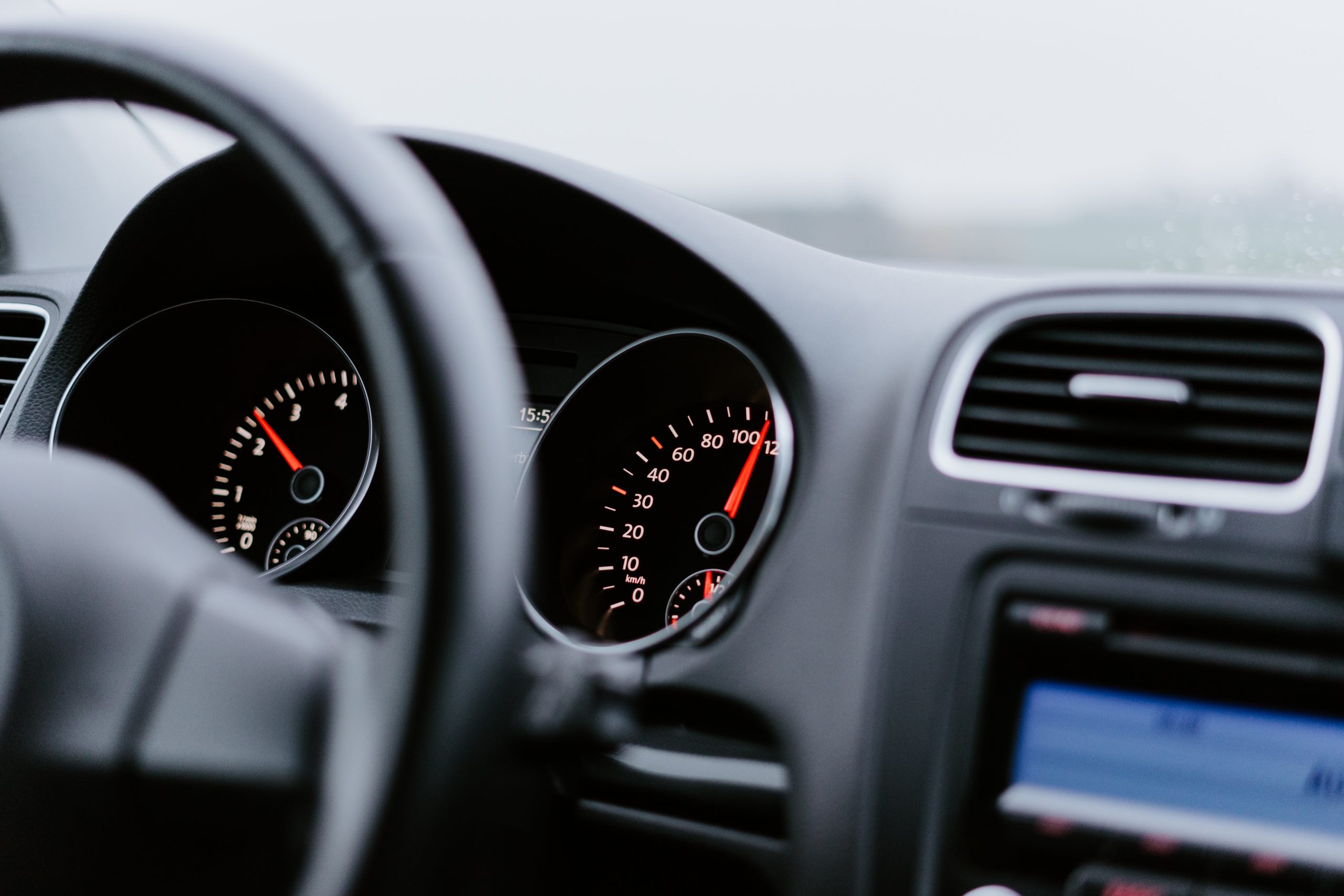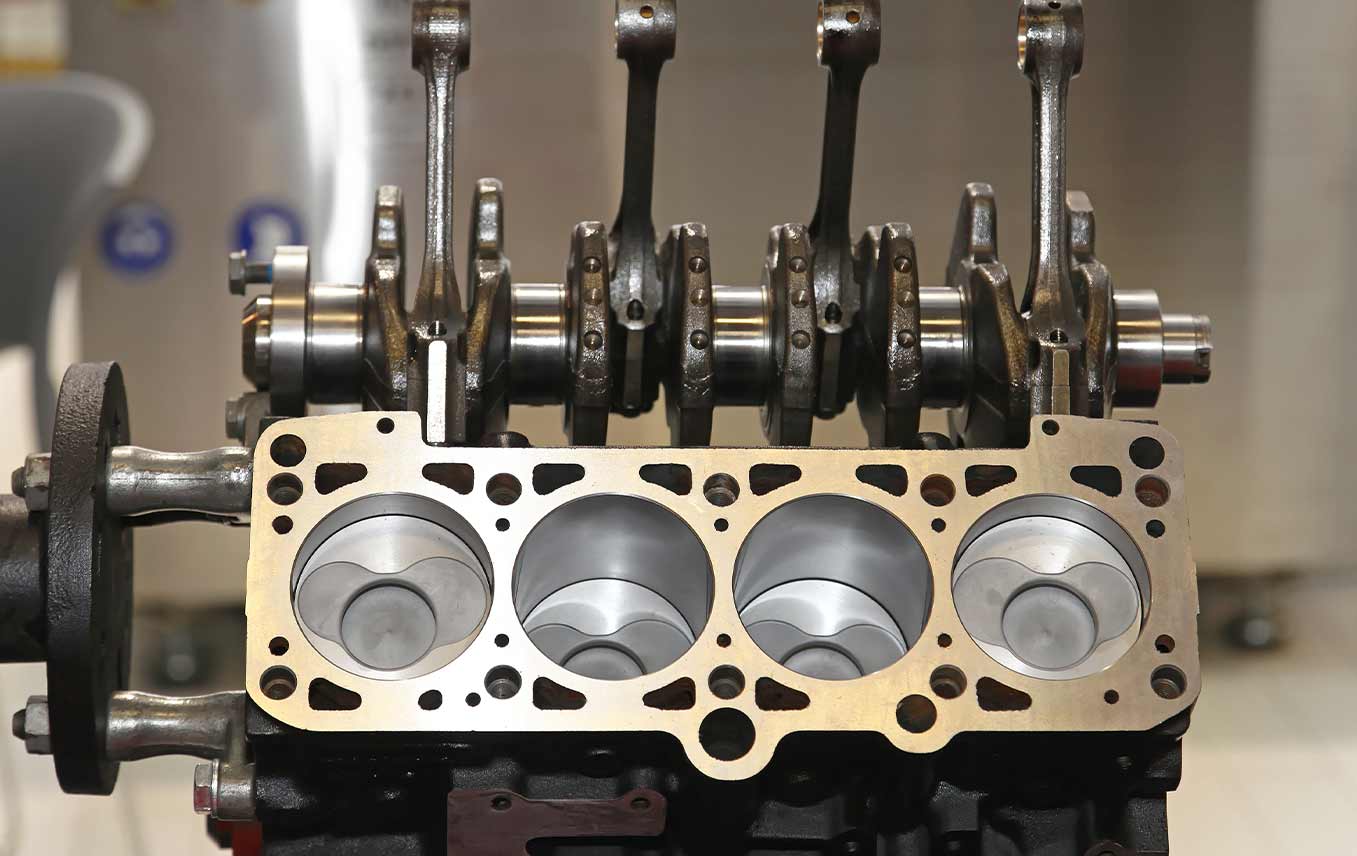A cracked engine block is one of the worst failures that you will experience as a car owner. It is right up there with a blown transmission, and it can cost a hefty chunk of change to get it repaired. Thankfully, there are some things you can do to prevent this from happening.
However, if it’s too late and you have already experienced this issue, we can help you! We’ll give you some ways to diagnose your vehicle to make sure you indeed have a cracked engine block as well as some tips for saving money on the repair. We’ll even offer a way for you to make money on that car instead of it costing you money! Let’s get started.
How Do You Know If Your Engine Block is Cracked?
Before you can diagnose this problem, you need to understand how an internal combustion engine operates and what an engine block does. Your engine block contains your engine’s pistons inside cylinders in the block. Small explosions from a spark and your fuel cause the pistons to move up and down inside the cylinders, which then turns the crankshaft. As the crankshaft turns, this movement is transferred through your transmission to the wheels, thus making your car move.
These small explosions and this rapid movement of the pistons generates massive amounts of heat inside the engine. Your engine oil helps to keep these parts lubricated, and the coolant moves through channels inside the engine block to remove heat. These fluids are vital to keeping your engine operating properly.
If you suspect you may have a crack in your engine block, you first want to make sure that is actually the case. There are many common signs of a cracked engine block. Here are some of the most common cracked engine block symptoms:
Overheating
Since the coolant circulates through the engine block during proper operation, a crack in the block can lead to a leak or improper circulation. When this happens, all the heat is not removed and excessive heat begins to build in the engine. If you see your temperature gauge start moving into the red, you should quickly shut off the engine to avoid further damage. There are other problems that can cause engine overheating such as a bad thermostat, blown radiator hose, or a clogged radiator, so this single issue does not necessarily point to a crack in your block.
Fluid Leaks
Both oil and coolant circulate through your engine block, and both your cooling system and oil circulation are closed systems. This means that your antifreeze and oil levels should remain the same unless there is a problem. No fluids should escape from your engine, so if you see any puddles on the ground or notice your coolant level or oil level is getting low, this signals a problem! This could mean there is a crack that is allowing these fluids to escape from the block.
Poor Engine Performance
As the pistons move up and down inside the cylinders, they compress the air and fuel mixture inside the combustion chamber. The extent to which the air is compressed is referred to as your vehicle’s compression ratio. This compression is important to the performance of our engine, and when the compression decreases, you will see a noticeable difference in performance. When a crack is present in your engine block, air escapes through this crack and the air cannot be compressed as it should. This will lead to low engine compression and thus a reduction in performance.
Mixture of Fluids
While antifreeze and oil both circulate through your engine block, these two fluids should never mix with each other. When you notice the oil mixing with engine coolant, this can be a telltale sign of a cracked block. This can be a dark, murky color of the antifreeze or a milky, frothy appearance of the oil on the dipstick. Neither is a good sign!
Smoke From Under Hood
While smoke coming from anywhere on your car is usually not a good sign, bluish or gray smoke coming from under the hood is usually the worst. A bit of smoke from the tailpipe can signal issues as well, but that is usually not a sign of a crack in the engine block. However, engine smoke from under the hood can be a signal pointing toward a crack in the car’s engine block.
If you are experiencing these engine problems, you are likely looking at a hefty repair bill. In some cases, the car may not even be worth repairing. You may consider selling your car to a car buying service like Auto Wranglers so that you don’t have to worry about any repair bills. We will buy your vehicle regardless of its condition! We always provide instant free quotes and free towing. Contact us today to sell your car for cash!
What Causes an Engine Block to Crack?
You might be wondering “How does an engine block crack?” Engine blocks are designed to last for the life of the vehicle, so a crack in the block is usually caused by some other problem. Blocks are usually made from cast iron or aluminum, so they are meant to be durable and strong. However, that does not mean that they are indestructible.
By far, the main cause of engine block cracks is overheating. There are a number of things that can lead to an engine overheating. Low coolant levels or a faulty water pump can lead to high temperatures and an eventual engine failure. This is why it is extremely important to keep an eye on your fluid levels and stop the car should your temperature gauge start to go too high.
While driving with cracked engine blocks is theoretically possible, it won’t last for long. If run for too long while overheating, your car will likely experience a blown head gasket and destroyed cylinder heads as well. As if a cracked block isn’t bad enough, these additional issues might make your car not worth repairing! If so, you should just sell your car to Auto Wranglers and not worry about any repairs!
Another thing that can cause a cracked block is extremely cold temperatures, particularly if you do not have the proper level of antifreeze in the car. If the fluid freezes inside the channels in the engine, it will expand and can cause cracks and damage.
How to Fix a Cracked Engine Block
So, you have determined that you have a cracked block, but now how do you fix it? First, you should know that engine block repair is not easy! You will need a qualified mechanic to perform this repair. Some methods used to repair cracks in the block are traditional welding, cold metal stitching, cold welding patches, or an engine sealer. In some cases, these methods are not effective and a new block is required.
Just like when considering a catalytic converter replacement, an engine block replacement is a very expensive undertaking. Many times you are better off getting a cash offer for your junk car than trying to perform an engine block repair. With mechanics charging anywhere from $50 – $100 per hour and this type of repair taking up to 30+ hours, it might not make sense to fix the car.
Conclusion
A cracked engine block is a serious problem that is an expensive fix! That is, if your car is even worth fixing. If you don’t have the cash to dump into that old clunker, then contact Auto Wranglers today for your free quote and let us take that car off your hands. We will pay you in cash and always provide free towing. Use that cash to buy yourself a new car that doesn’t need any repairs!


